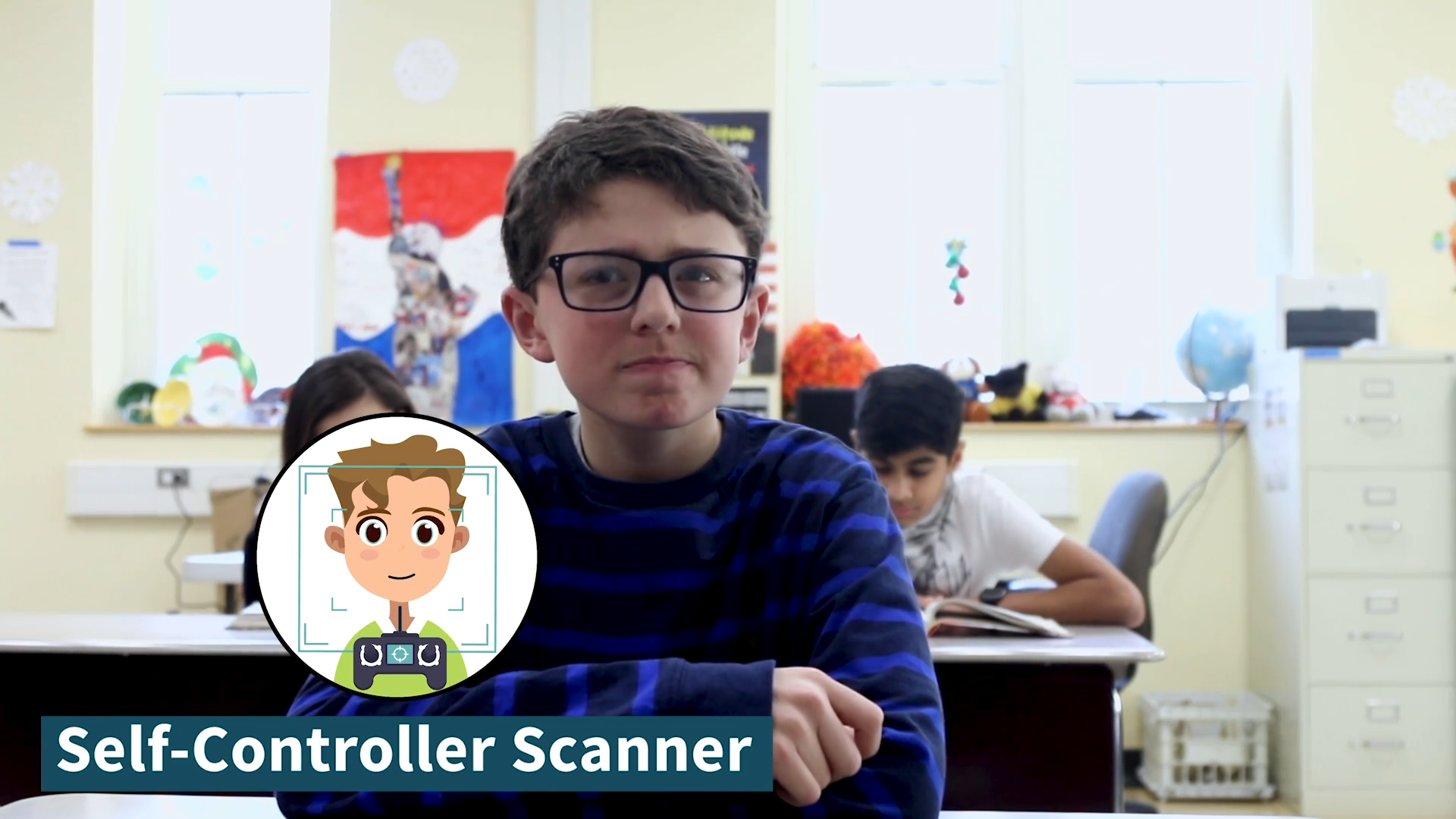
Introduction
The ability to keep control of one’s thoughts and feelings is crucial for students’ success both in and out of the classroom. The Self-Controller Scanner is a tool educators can teach students to help them recognize when they are losing control and identify strategies to regain it. This blog post will provide an overview of the Self-Controller Scanner, a no-prep activity, discussion questions, related skills, and next steps for incorporating this valuable skill into your teaching repertoire.
No-Prep Activity
The “Freeze and Reflect” activity is a simple way to introduce the Self-Controller Scanner to your students. When you notice a student losing control or getting frustrated, ask the entire class to “freeze” in place and close their eyes. Then, guide them through the following steps:
- Scan your brain and body: Are you paying attention? Do you know what everyone is talking about? How are you feeling?
- Pick a strategy: What can you do to regain control? Do you need a break, a snack, or a drink? What physical actions can help you calm down?
- Take action: Implement the chosen strategy. If necessary, talk to an adult or ask for help.
After a minute or two, ask students to open their eyes and resume their activities. This practice will help them become more aware of their emotions and develop self-regulation skills.
Discussion Questions
- Why is it important to be aware of our thoughts and feelings? How can the Self-Controller Scanner help us with this?
- What are some situations in which you might need to use the Self-Controller Scanner? Share an example from your own experience.
- Can you think of a time when you used a strategy to regain control of your thoughts and feelings? What strategy did you use, and how did it help?
- How can practicing the Self-Controller Scanner in school help you in other areas of your life, such as at home or during extracurricular activities?
Related Skills
Teaching the Self-Controller Scanner can be enhanced by incorporating other related skills, such as:
- Mindfulness: Encourage students to practice mindfulness techniques, such as deep breathing or meditation, to increase their awareness of their thoughts and feelings.
- Emotion regulation: Help students learn to identify and manage their emotions effectively, enabling them to respond appropriately to various situations.
- Problem-solving: Teach students to approach challenges and conflicts with a problem-solving mindset, which can help them stay calm and focused under pressure.
- Communication: Encourage open and honest communication between students and adults, fostering a supportive environment where they feel comfortable asking for help when needed.
Next Steps
Ready to start teaching the Self-Controller Scanner and other valuable skills to your students? Sign up for free samples of these skill-building materials and more at Everyday Speech. By incorporating these resources into your teaching, you can help your students develop the self-regulation and control they need to succeed in all aspects of their lives.





